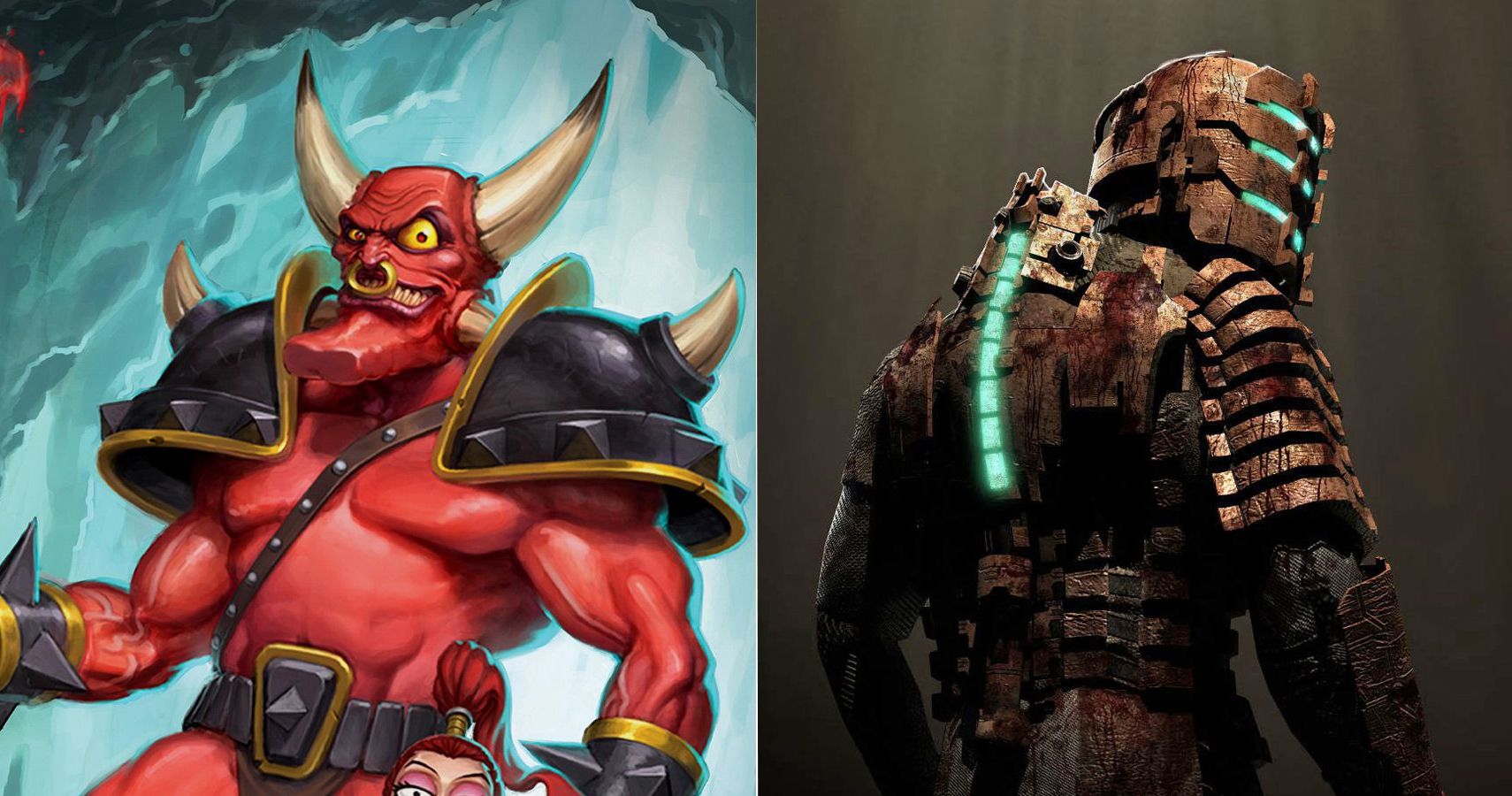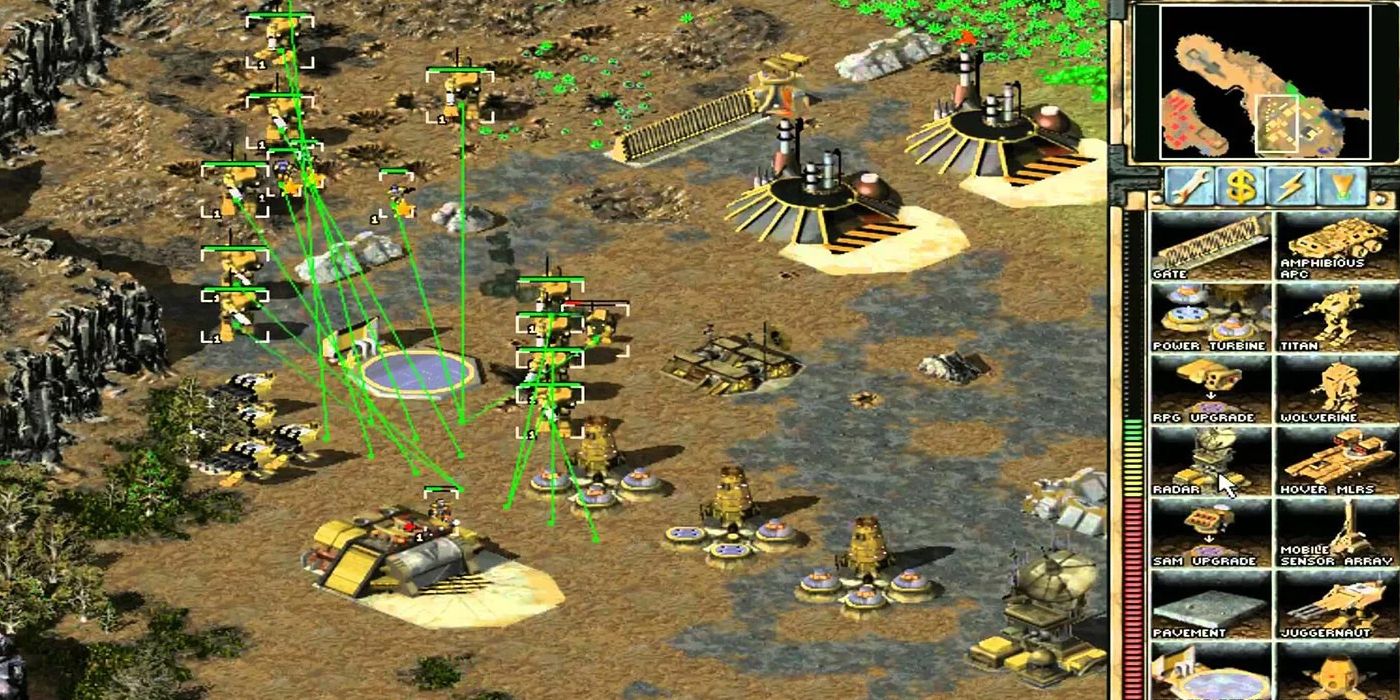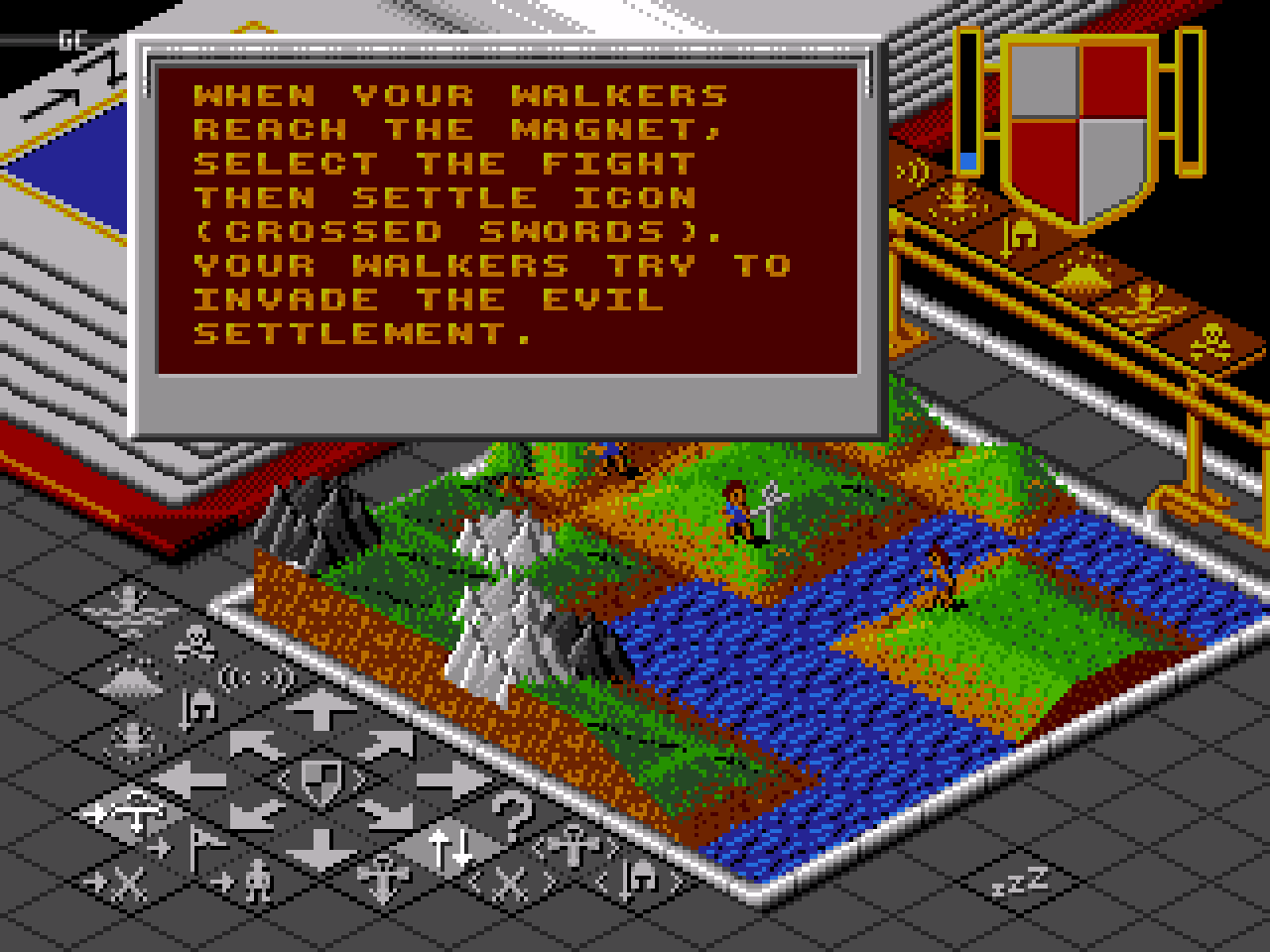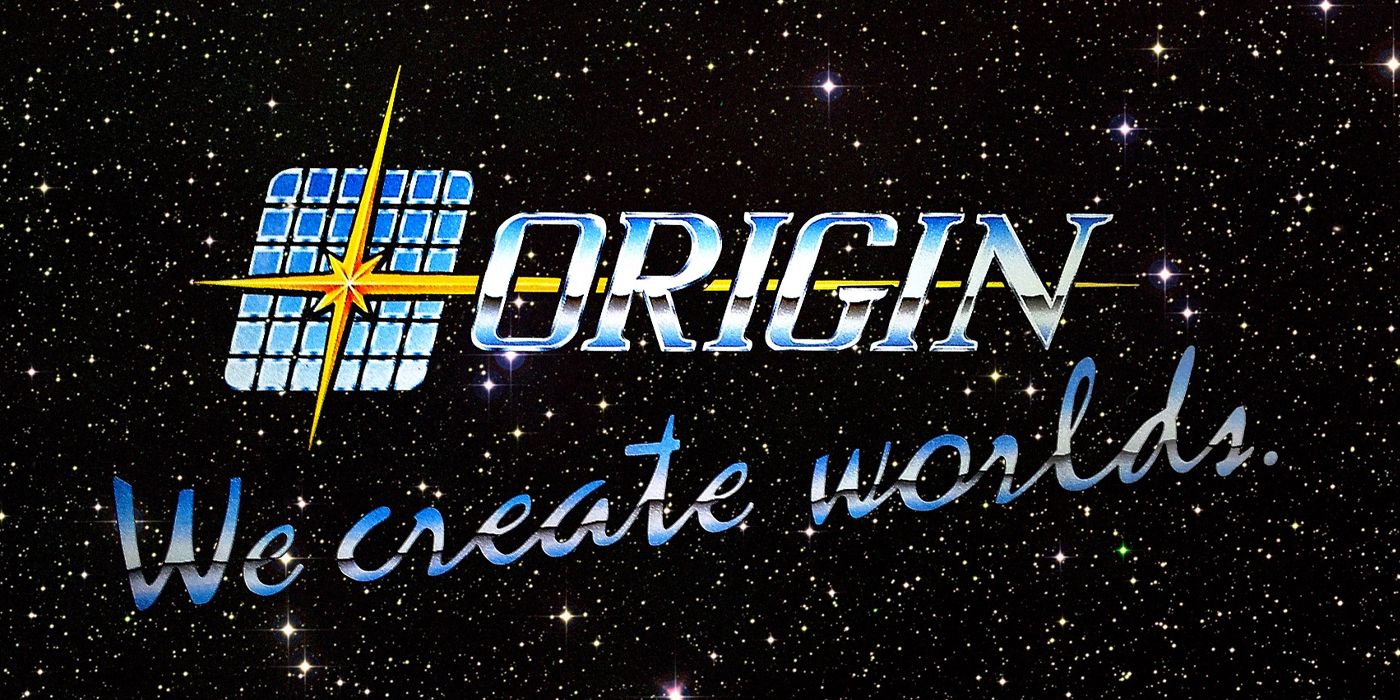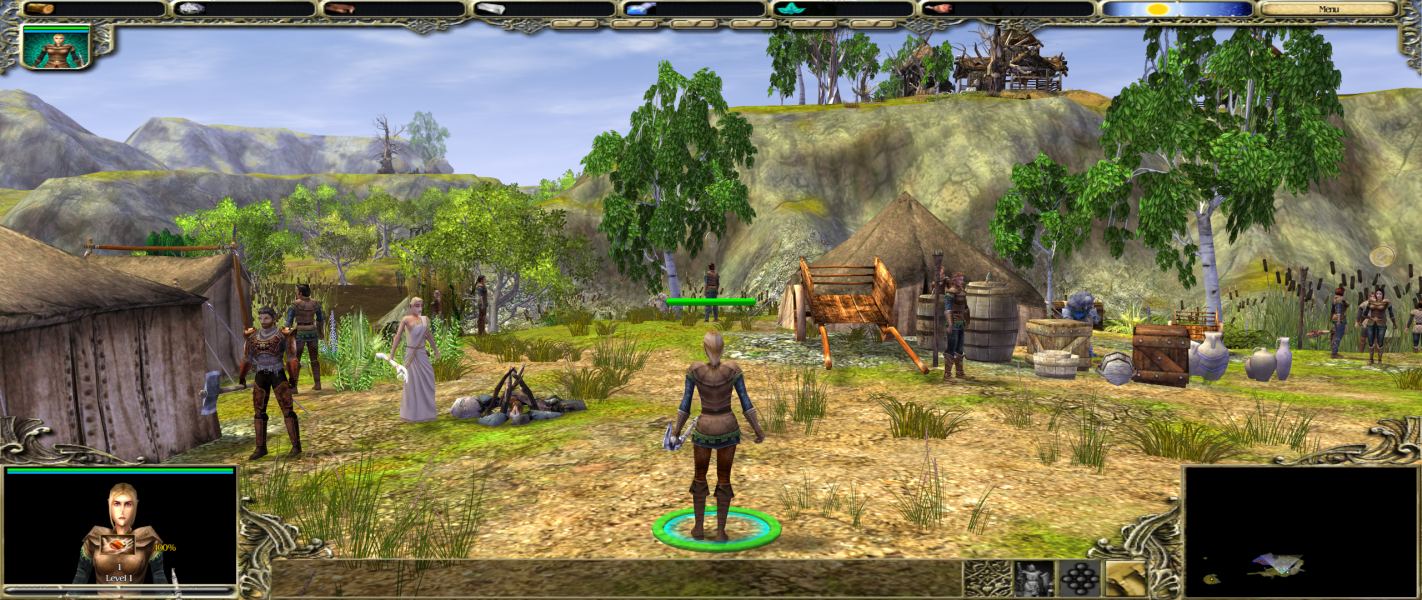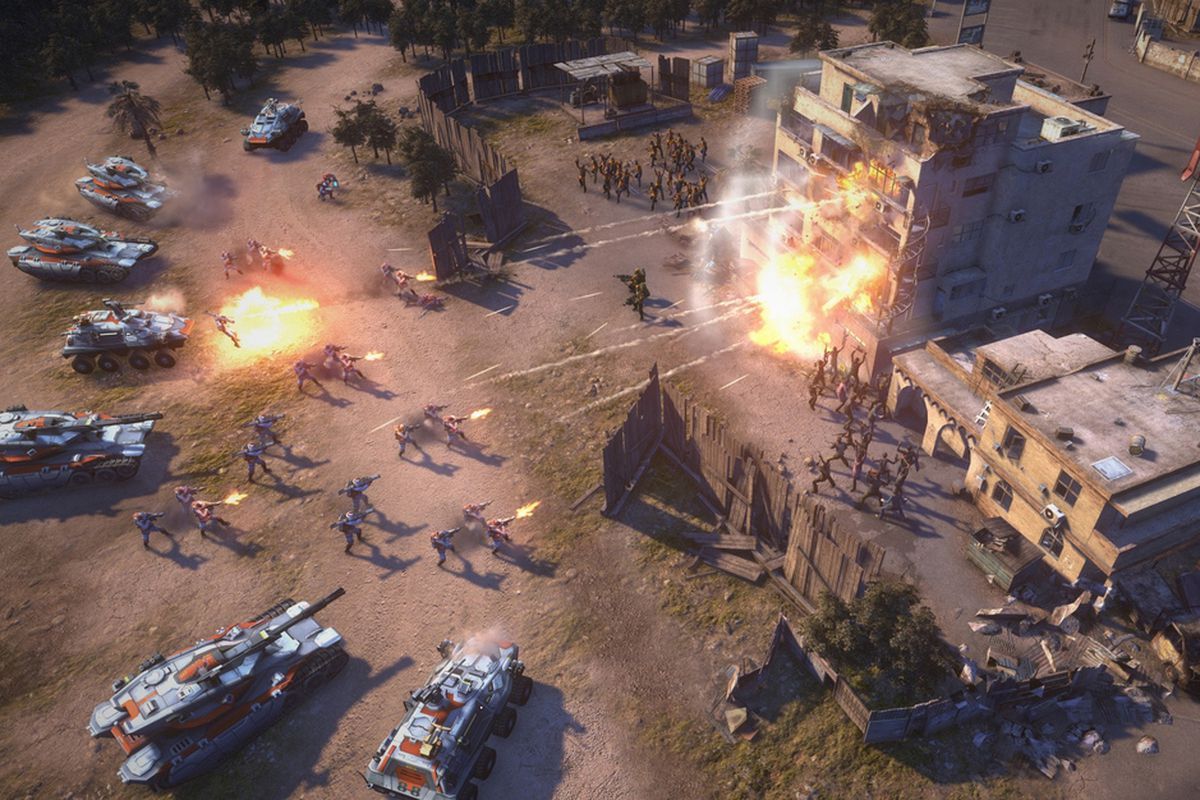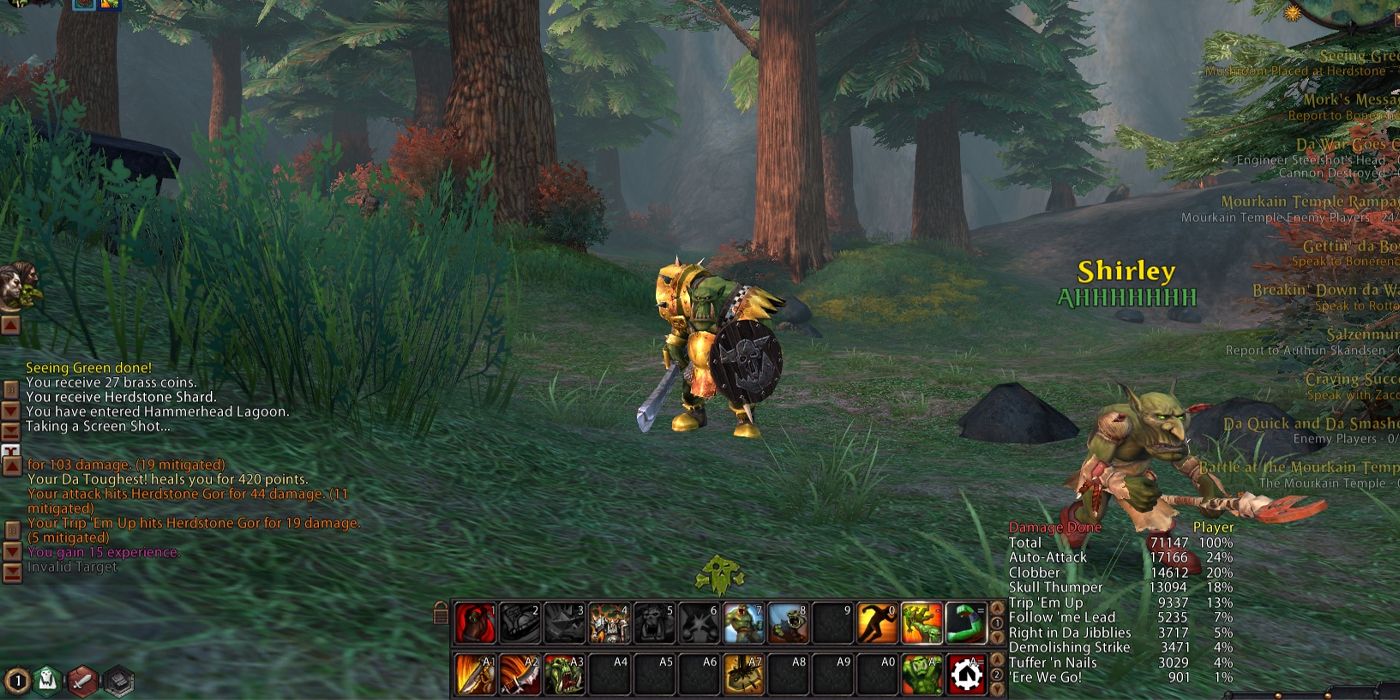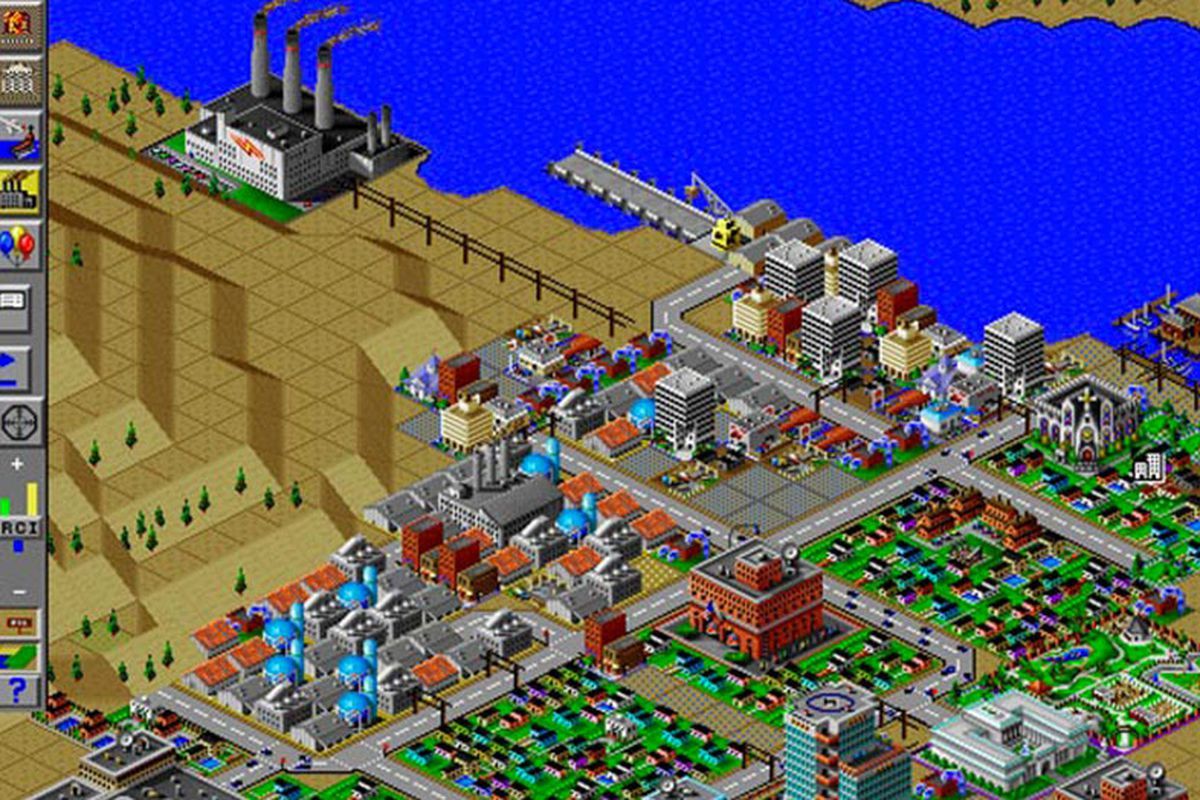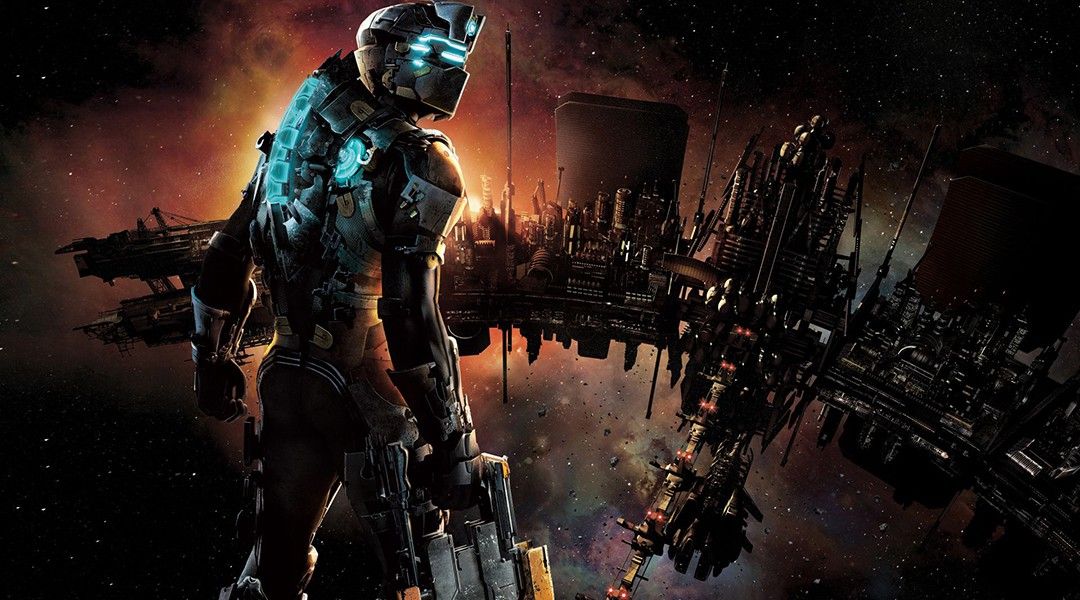Over the years, EA has become one of the most controversial companies in the video game industry. Despite this terrible reputation, they’re still behind some of the biggest releases every year. EA is no stranger to controversy, and there are tons of different messes that have piled up over the years. Everything from their treatment of employees to the quality of their games is put under a microscope.
But one of the most tragic aspects of gaming they’re responsible for is acquiring various studios and shutting them down. You can almost see a pattern play out; EA acquires the studio, the quality of their product declines, sales aren’t great, and finally foreclosure. These are those unfortunate studios.
14 Westwood Studios
Started in 1985 as Westwood Associates, this little known developer changed their name to Westwood Studios in 1992. They released a solid number of titles in that time, and by 1998 had caught the eye of EA. They were acquired that year but wouldn’t last more than a half decade under EA.
The studio was known for the Command & Conquer games, and released multiple titles in the series between the time EA acquired them and their shut down. After 2002’s Command & Conquer: Renegade failed to meet sales expectations, EA pulled the plug.
13 NuFx
NuFX is a developer those who aren’t too fond of sports games would’ve heard of. The Chicago based developer would become known for various NBA titles including NBA Street, and NBA Live. All published by EA of course.
EA published 15 of NuFX’s games before pulling the plug on them. They were merged into EA Chicago in 2004. But only a few years later were closed down. Rather than being due to poor sales, this seems more like a matter of expendable assets.
12 Bullfrog Productions
Having been founded in 1987 and lasting in the industry nearly fifteen years, Bullfrog Productions is one of the more notable studios on this list. Known for the Populous and Dungeon Keeper games – with the former considered as the first ever God game – Bullfrog released a number of quality titles.
They finally got bought out in 1995, after years of partnering with EA. They continued to develop games but things didn’t last all that long. They merged with EA UK in 2001 and were pretty much wiped off the map with that move.
11 PlayFish
One of the smaller developers on here, PlayFish wasn’t around for all that much time. It seems as though luck was never on their side, as they got their start as a subsidiary of EA. Playfish focused on free-to-play games, particularly those on social networking platforms.
Though they did find some early success, all four PlayFish founders left the company by 2013. It didn’t take long for EA to work their magic, and PlayFish was shut down that same year. They were one of five studios EA shut down that year.
10 Origin Systems
Another legacy studio, Origin Systems was founded in 1983 by brothers Richard and Robert Garriott. They’re most notable for their Ultima games, which are credited as having set the groundwork for MMORPG’s.
EA acquired Origin in 1992, in due part to the success of Ultima Online. After the move, EA decided on making Origin an online only company. After a rough start out the gate, the writing was on the wall. They were shut down in 2004.
9 Phenomic Game Development
One of the five aforementioned 2013 closures, Phenomic Game Development was founded in 1997 and is probably best known for The Settlers series. They also created the popular SpellForce RTS series.
EA acquired them in 2006 and renamed them EA Phenomic. They would go on to work on a few RTS properties for EA but were closed down as part of some restructuring.
8 Black Box Games
Formed by former members of Radical Entertainment in 1998, Black Box Games were known for the Need For Speed games of the mid-2000s. They were acquired by EA in 2002 and were renamed EA Black Box.
In 2008 they were moved in with EA Canada. Following a name change to Quicklime Games in 2012, they closed down the following year.
7 Victory Games
The most short-lived developer on here, no one would expect you to have ever head of Victory Games. Launched in 2010, Victory Games was put together with the continuation of the Command & Conquer series in mind.
The new game was planned as a free-to-play title. But things didn’t go all that well. Following poor reception during its closed alpha, EA scrapped the game altogether. It didn’t take all that much longer for the rest of the pieces to fall after that. Following the cancellation, Victory Games was closed down.
6 Mythic Entertainment
With the merger of Adventures Unlimited Software Inc. and Interesting Systems Inc. in 1995, Mythic Entertainment was born. They’re known for the MMORPG, The Dark Age of Camelot. They were acquired by EA in 2006 to try and compete with WoW.
Things started out good, with Warhammer Online: Age of Reckoning being a big success. After the disaster that was 2014’s Dungeon Keeper, Mythic got shut down.
5 DreamWorks Interactive
Established by both Microsoft and DreamWorks SKG in 1995, DreamWorks Interactive would become known for the popular Medal of Honor series. They merged with EA in 2000 and renamed it EA Los Angeles.
With the poor performance of 2012’s Medal of Honor: Warfighter, the newly dubbed Danger Close Games’ future was pretty much sealed. They were rebranded as DCE Los Angeles in 2013.
4 EA Salt Lake
Headgate Studios was founded in 1992, and would go on to work on a number of golf games throughout their career. Rebranded as EA Salt Lake, they would go on to create a number of popular games, with the Tiger Woods PGA Tour franchise being their most well known.
Things started to get bad for EA Salt Lake in 2012. In 2014, the studio had some pretty sizable layoffs. In the following years, the studio became more focused on mobile games until they were closed in 2017.
3 Maxis Software
Though many may have heard of SimCity, most probably don’t know about the IP’ s originator, Maxis Software. Founded in 1987, Maxis would be bought out in 1997 following a series of losses.
Maxis hit it big with The Sims as it would become a best seller. Following the failure of 2008’s Spore, Maxis was on thin ice. Their main studio shut down in 2015 with the remnants being brought over to EA Mobile.
2 Visceral Games
One of the more recent closures on our list, Visceral is a studio many know well. Known for their ultra popular Dead Space franchise, Visceral would be one of the first major developers to flirt with free-to-play features in their fully priced games.
Visceral was working on a pretty hyped-up Star Wars game when EA shut them down in 2017. Reports later indicated that the project was rife with issues. It’s a tough pill to swallow, but you can understand why EA pulled the plug here.
1 Pandemic Studios
Best known for the immensely popular Star Wars: Battlefront series, Pandemic Studios was shut down a decade ago, and the loss is still mourned by many Battlefront fans.
While the Battlefront games proved to be big money makers, as well as long-time fan favorites, that still wasn’t enough to save Pandemic. They were shut down in 2009, laying off 200-plus employees.

